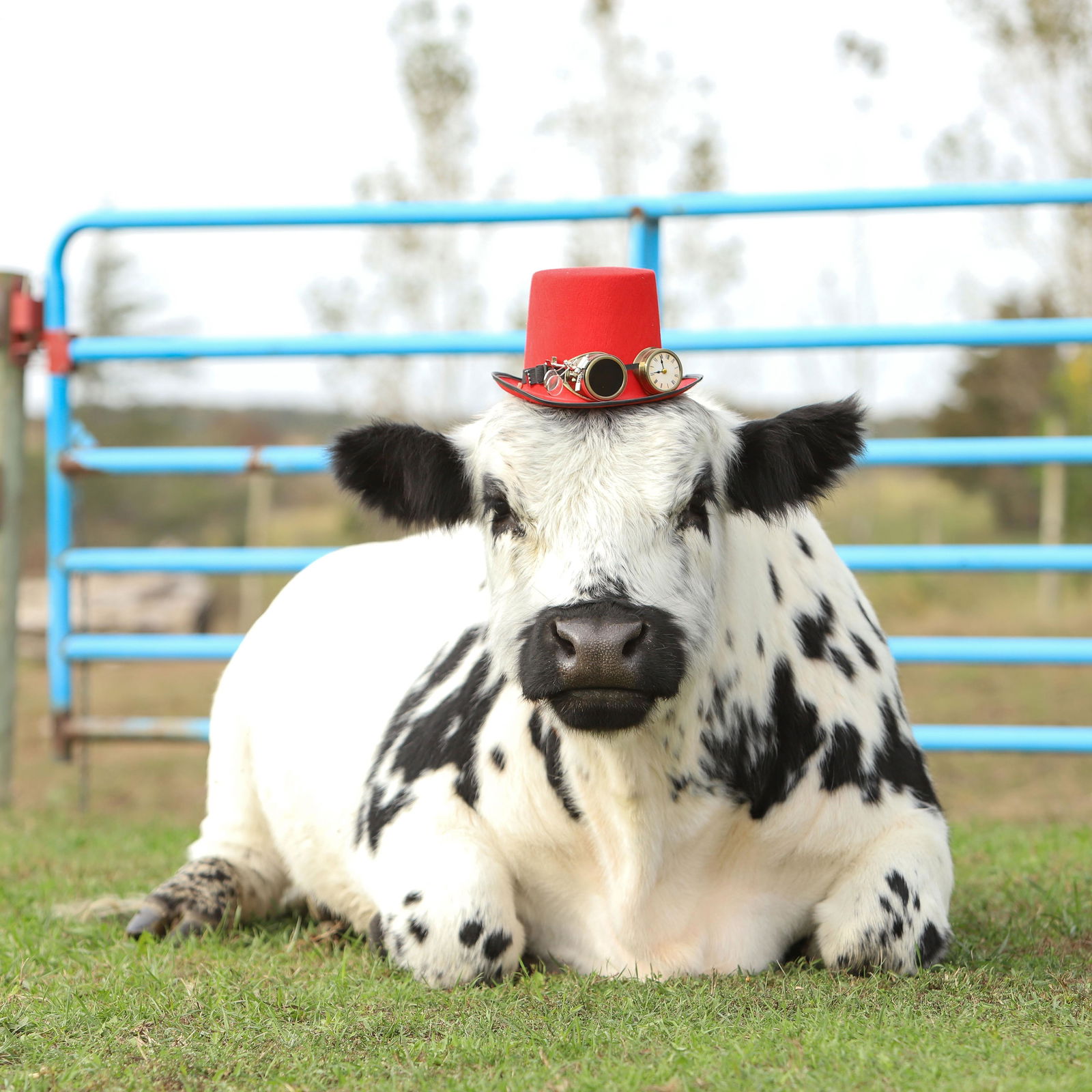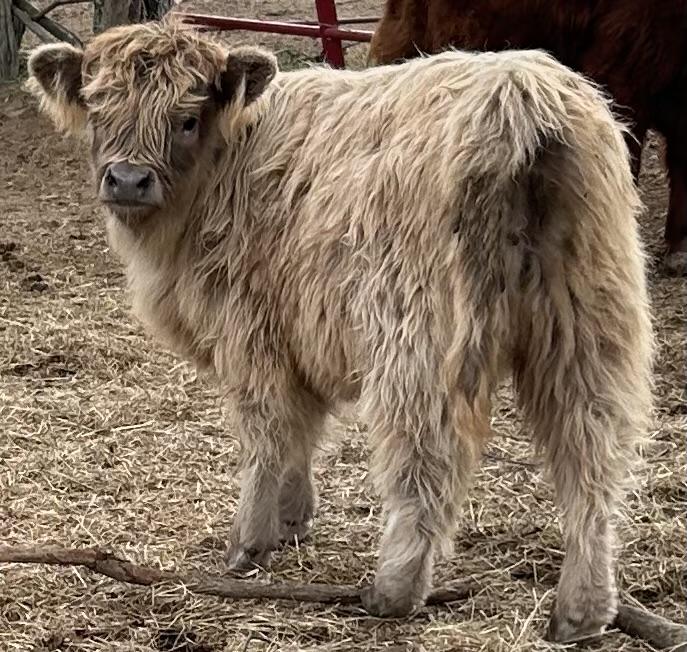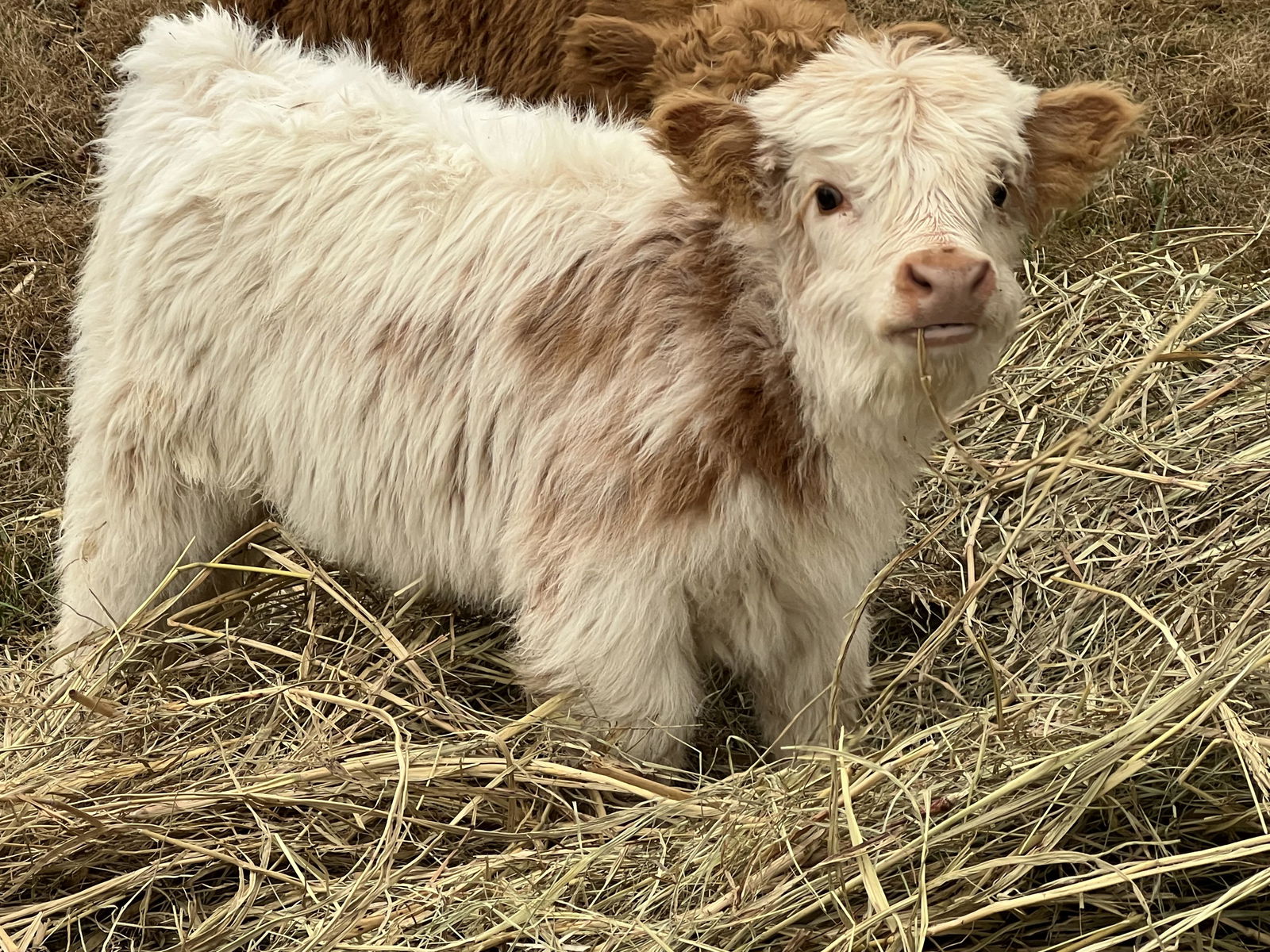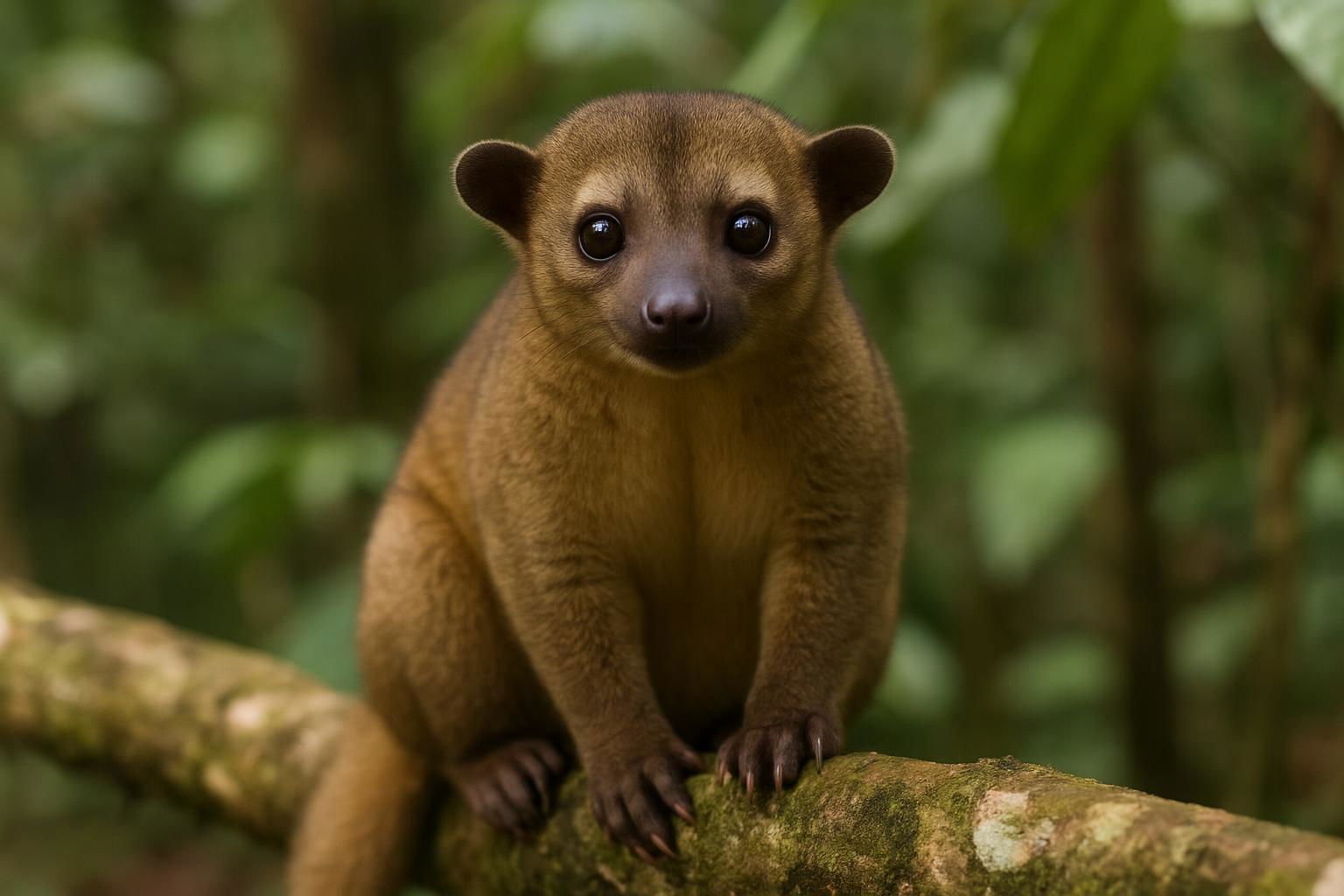
Kinkajou
Potos flavus
The Kinkajou (Potos flavus), also known as the "honey bear," is a small, arboreal mammal native to the rainforests of Central and South America. Despite their nickname, kinkajous are not related to bears but are part of the Procyonidae family, which also includes raccoons and coatis. This nocturnal species is characterized by its dense, woolly fur, typically golden-brown, and its distinctive prehensile tail, which provides stability and aids in balance as it navigates the treetops.
Kinkajous have a slender body measuring 40 to 60 centimeters in length, and their tail is nearly as long or longer, serving as an essential tool for gripping branches. They possess large, expressive eyes adapted for low-light conditions and a long, slender tongue designed for extracting nectar and honey from flowers, giving them their sweet nickname. Their diet primarily consists of fruits, with a preference for figs, but they also consume leaves, flowers, and occasionally insects, showcasing their omnivorous nature.
Kinkajous are known for their playful and social behavior, often gathering in small groups to groom each other or engage in interactive play. Their vocalizations are varied and include whistles, barks, and hisses, used to communicate within dense forest canopies. Despite their arboreal agility and elusive spotting, kinkajous face threats from habitat destruction and the pet trade, as their docile nature makes them appealing, albeit challenging, exotic pets. Conservation efforts are essential to preserve their natural habitats, ensuring that these charming creatures continue to flourish in the wild.

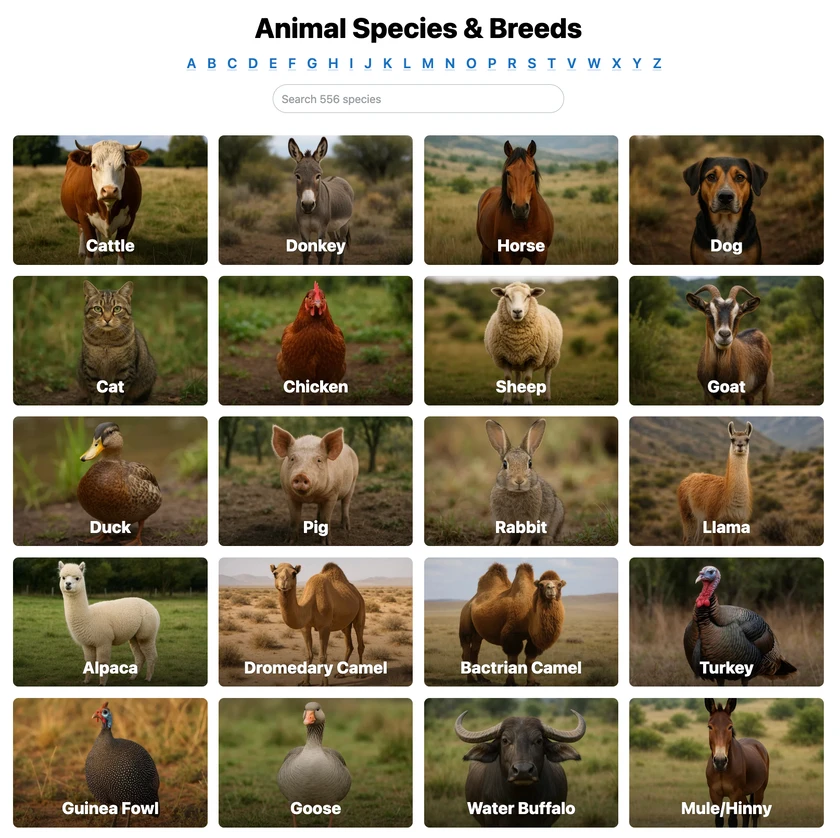 All Species & Breeds
All Species & Breeds
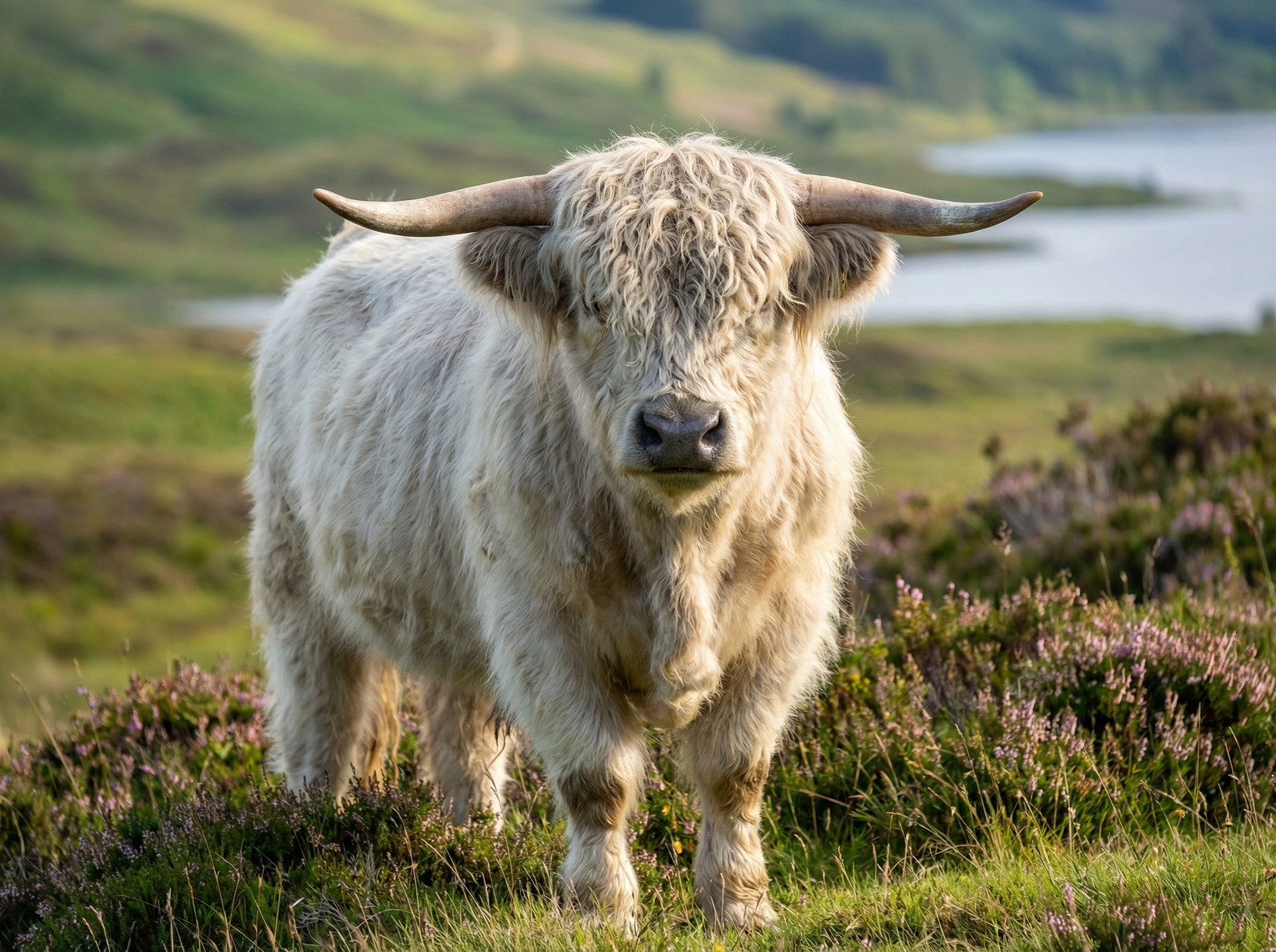 Highland Cattle
Highland Cattle
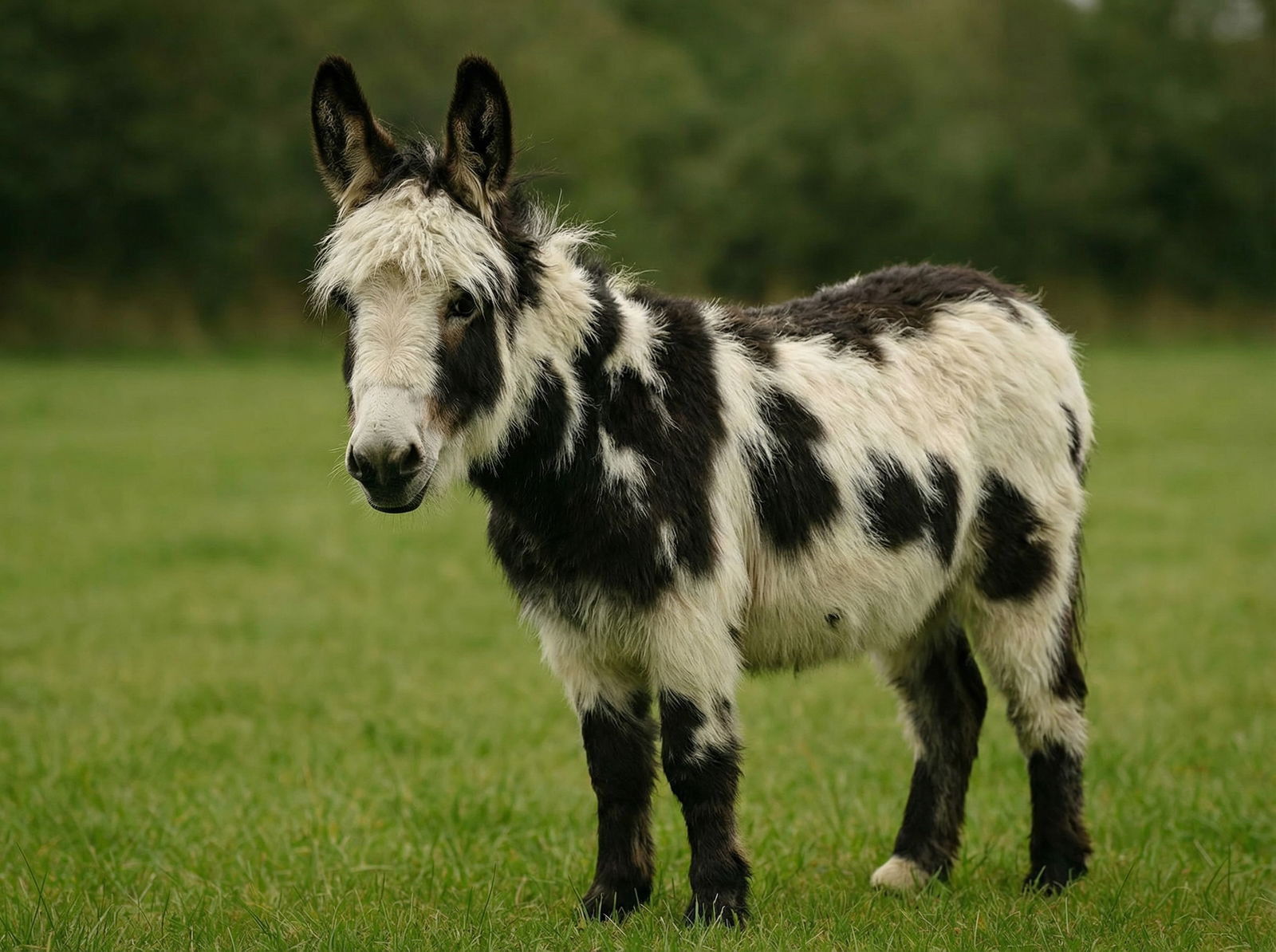 Miniature Donkeys
Miniature Donkeys
 All Species Directory
All Species Directory
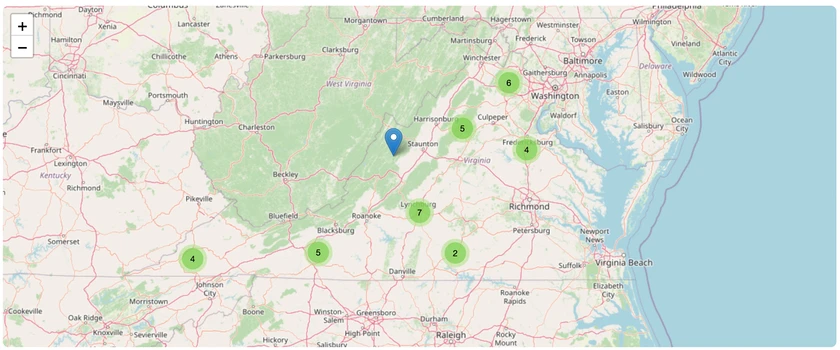 Highland Cattle in Virginia
Highland Cattle in Virginia
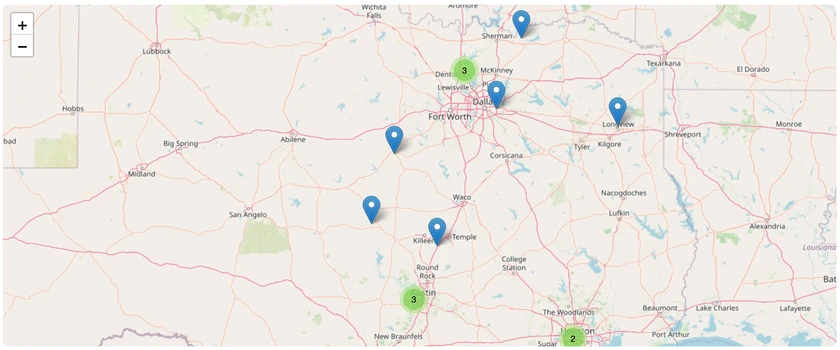 Miniature Donkeys in Texas
Miniature Donkeys in Texas
